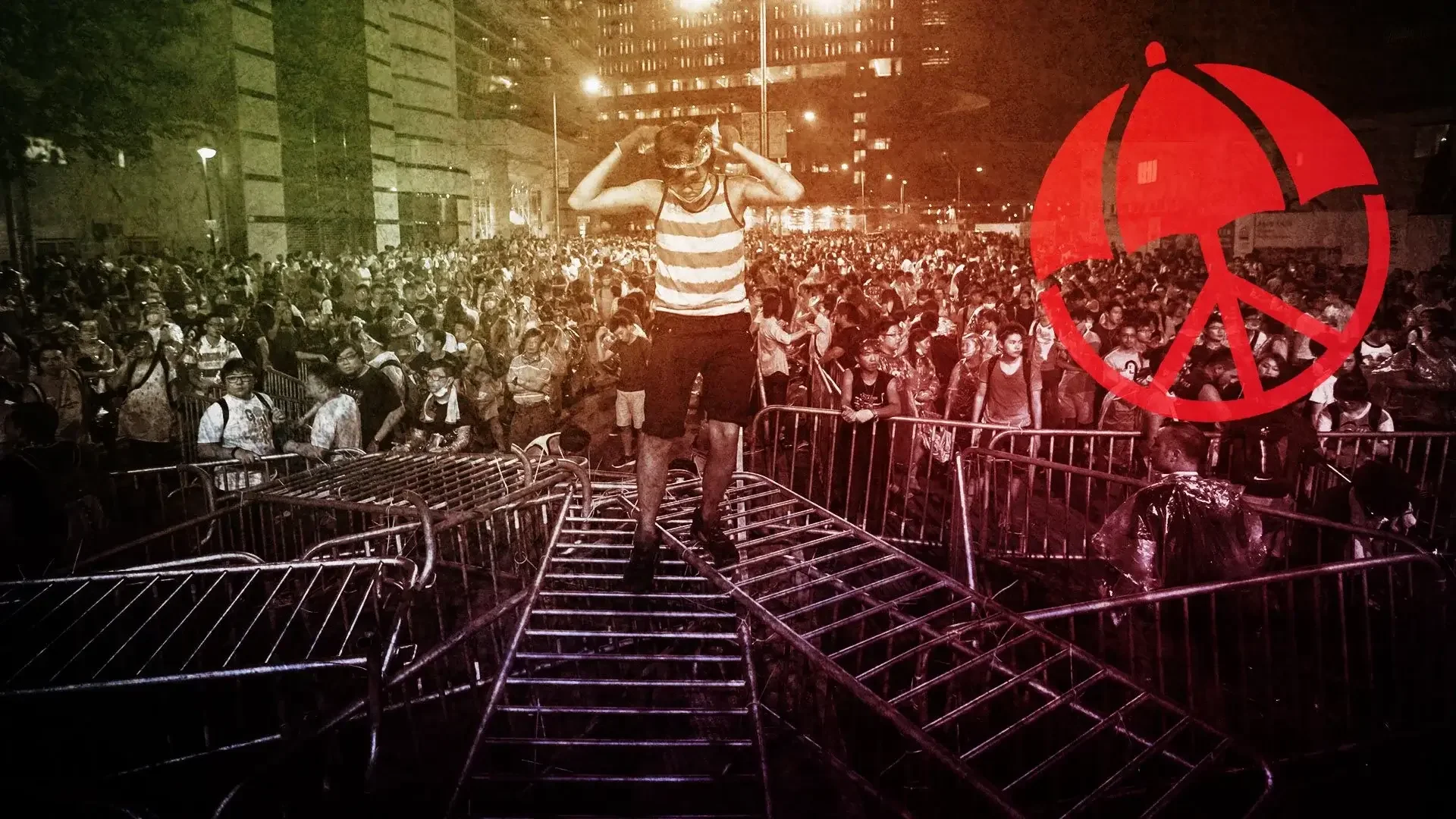The Silent Voices of Hong Kong: Why Local Anger is Finally Exploding
Hong Kong's silent majority has exploded. Below the tax haven surface, locals are fighting a losing battle for democracy.
The World Sees a Financial Hub; I See a Marginalized People
Hong Kong is often lauded as a jewel-like city—a place of sparkling seas, unrivalled transportation, and the world’s lowest tax rates. We often speak of Hong Kong the place, but this time, I want to focus on the people: the Hongkongers, specifically the local Cantonese inhabitants. And it is their voices we are finally hearing after years of sullen, literally silent frustration.
Tens of thousands of them are currently out on the streets, protesting against what I see as one of Asia's purest plutocracies.
For years, the local Cantonese have been the city's unseen backbone. They are the drab, industrious, sub-white collar class, paid a fraction of what their often less-qualified expat colleagues receive. While bankers from discredited global institutions—the obscenely paid gweilo—strut around in Ferraris and snap up the best insider tips and property, the Hongkongers cluster in conference rooms eating boxed lunches, only to return to claustrophobic flats in Mongkok and Kowloon. Compounding this outrage, major Western multinationals such as KPMG, Deloitte, EY, and PWC chastise these citizens for upholding the very democratic principles these firms seem to have discarded as "bad for business."
The truth is, Hong Kong as it exists is not designed for or by these Hongkongers. It is dominated by Western financial institutions and mainland companies, with a crust of wealthy Chinese tycoons on top—many of whom are not even local, having arrived after 1949. The locals are the ones behind the luxury store counters, watching mainland coal-mine owners parade their mistresses and bellow for high-priced items. The Hongkongers are definitively outside the magic circle of power, which is run by a nexus of former colonial civil servants, local business interests, and the Beijing government.
Globalization's Unfair Deal
After the 1997 handover, Hongkongers felt a mix of nervousness and defiance. They were proud of their status as an economic dynamo with a model civil service, a system the mainland could only dream of. Yet, as Hong Kong globalized ever more swiftly, Hongkongers were increasingly marginalized.
The vast trading and investment wealth generated over the last two decades has utterly passed them by. The factories poured into China, and Hong Kong became a pure money economy. This has led to the city becoming one of the most unequal cities in the world. With a median monthly household income of only 12,000HKD, and over 17% of households earning less than 8,000HKD, life for the average Hongkonger is a relentless rat-race. Two million people live in public housing. While Hong Kong is wealthy enough to offer crumbs like free schooling and health care, these social services have simply enabled the creation of a permanent underclass.
The pro-democracy movement, like the rise of populist movements across the West, is a manifestation of people who are fed up with a model of globalization that excludes them. They want a share of the wealth and accountable local leaders.
The Looming Tragedy
The paradox is that as local unhappiness peaks, Hong Kong’s importance to the mainland has diminished. It is no longer a crucial entrepôt for skills and finance; it is mainly useful as a place to hide money and for shopping. Chinese leaders now look on Hong Kong's once-proud model of governance with contempt.
This leaves the students and protesters in terrible trouble. They are rejecting unbridled global capitalist practices while embracing identity, equality, and democracy. But a resurgent Chinese leadership under Xi Jinping—a strongman who needs to portray a unified China—is absolutely not in the mood to listen.
I fear the students are on the wrong side of history. International allies are scarce. Only the discipline of the Hong Kong Police, a slim sense of solidarity from the establishment, and the students' own self-preservation stand in the way of a blood bath. I can only hope that is enough.

